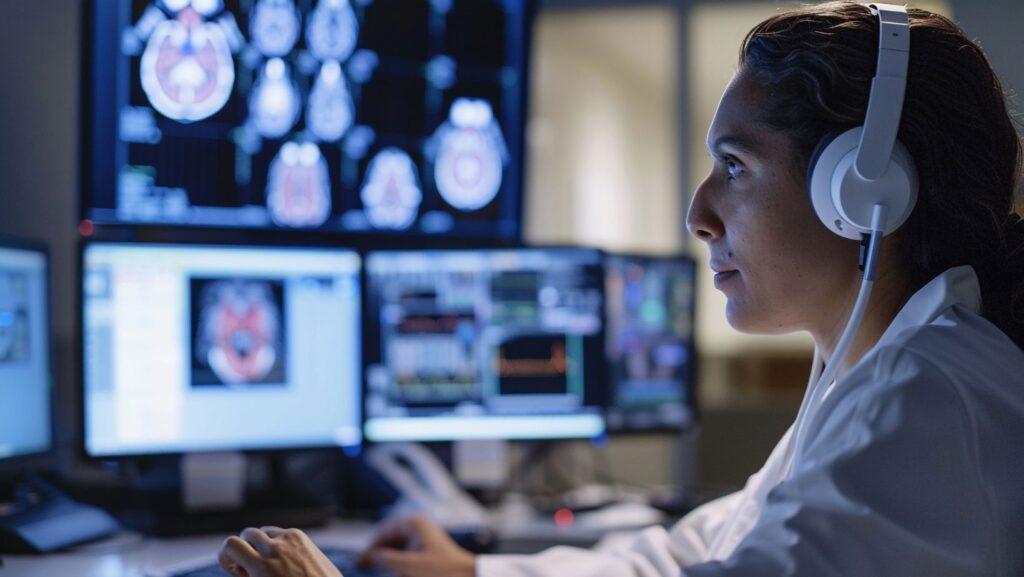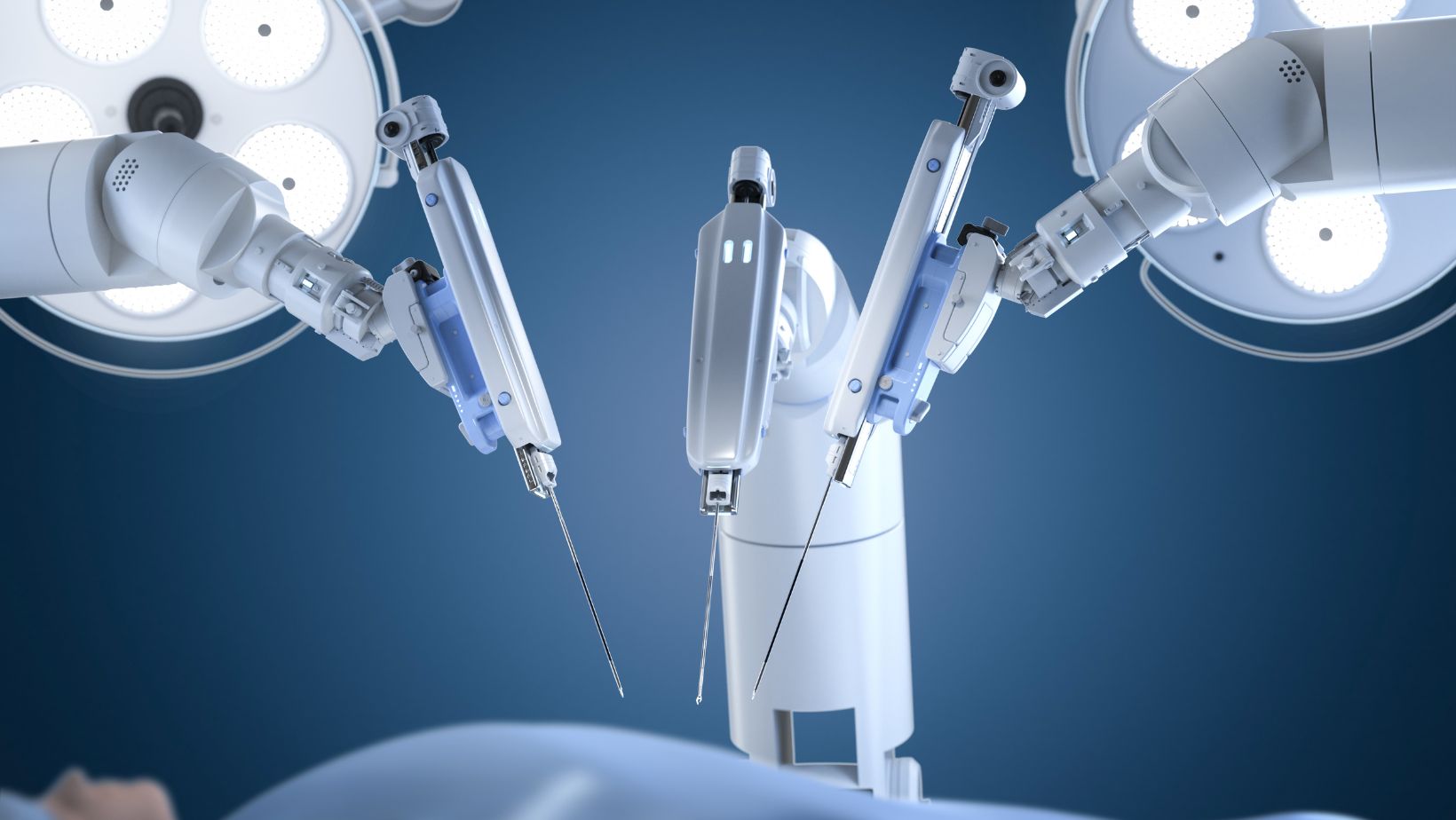Why Healthcare-Specific LLMs Outperform General Models in Medical AI

Artificial Intelligence has become a lot smarter as the technology has evolved over the years, but general AI models aren’t enough for the healthcare industry.
Not that they’re not smart. Medicine is extremely complex, customised and risky. A small mistake can affect someone’s life in a major way.
This is why AI language models that are specifically built while keeping the healthcare industry in mind are quite big. They function a lot better in the specific setting than general models can.
So, let’s take a closer look at certain important information about medical LLM that covers the healthcare sector.
The Medical Language
Most AI models gather information from easily available sites like Wikipedia, Twitter, or any website available online. These are okay if you are trying to find some information casually, but they cannot be enough for medical knowledge and information. One of the main reasons is that the medical language is quite different.
For instance, let’s take the word “negative.” In everyday language, it is a negative sound. But if used in a lab report, it means something completely different. Hospitals also use a plethora of short forms and initialisations. Getting these wrong can cause a lot of problems, even if it’s just for administrative purposes like reports and charts.
Getting these correct is only possible if AI models are made with this particular field in mind.
AI Trained on Real Medical Data
Healthcare AIs are trained very differently than other AIs. Instead of randomly surfed internet data, they are trained on real medical data-physician notes, patient records, laboratory results and clinical trials.
This allows these models to understand how doctors actually speak and write. They know about patient record habits, and they’re not fazed by things like acronyms and medical jargon.
Healthcare AI Knows When to Hold Back
Ask a difficult question, and a general model will still provide you with an answer where it clearly doesn’t have a clue. That’s a risk, but general models will do that because they are formed and trained that way.
AImodels made for medicine are made differently, where they are taught when to stop responding. If they don’t know or can’t make an educated guess, they’ll say to see a live doctor, which is a wise safeguard against risk and misinformation among patients who do not know better.
Double-checking in medicine is very important, so the advice is checked to ensure that the advice would be the same or similar to that of a doctor.
Designed with the Help of Actual Physicians
General AI models are made by engineers and tested in computer labs with random informational input. Those for the medical sector are designed with doctors, hospitals, and healthcare tech companies working from the beginning.
That matters. It is merely that the equipment is utilised for real purposes. They have adherence to electronic health record systems. They have familiarity with the way physicians scribble. They are made to be practical, not just accurate.
A great example of this is a voice-based assistant for doctors called Suki AI. It helps to create clinical notes as the doctor dictates, and it even becomes attuned to take into account individual doctors’ writing styles. This kind of design is very helpful, especially when attention and time are in short supply.
Serving More Than Physicians Only
These models aren’t just made for doctors and hospitals. They also find application in medical research and public health.
Since they’ve been trained on enormous amounts of real-world medical data, they can detect patterns across thousands of cases. That can help in diagnosing rare diseases or detecting care gaps in patients with chronic illness.
Some of the models are being trained to work in other languages. This helps non-English speakers who often feel neglected and isolated in healthcare. General models just aren’t made for that kind of specificity.
In the healthcare and medical industry, we aren’t just looking for accuracy because it’s a bonus. Accuracy in information and assistance is most important when someone’s health is on the line. If you’re going to use AI in healthcare, it needs to understand the language of medicine. It also needs to know how care-giving works in the real world by valuing human lives and their emotions that come along with being ill.
And that’s exactly what healthcare-specific AI is built to do.


 Embedtree Games Software: Level Up Your Gaming Experience
Embedtree Games Software: Level Up Your Gaming Experience  Improve Software HCS 411GITS: Unlocking Its Full Potential
Improve Software HCS 411GITS: Unlocking Its Full Potential  Embedtree Games And Software: Elevate Your Gaming Experience
Embedtree Games And Software: Elevate Your Gaming Experience